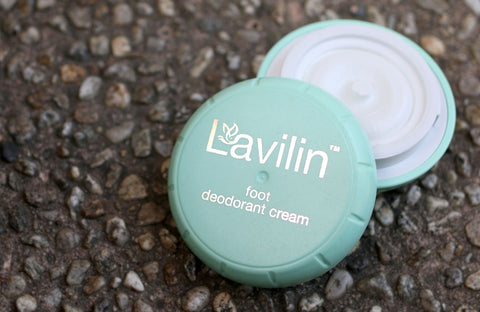Needless to say, we’re big fans of the green movement. Our entire product line reflects that. And, while it may be our mission to “green” skincare, we think it is important to go green across the board, and simply live our most eco friendly life.
And so, in the name of our sweet Mother Earth, we’re here to shed some light on exactly what it is that you get out of going green, and how you can do it. Because as if being better to our planet isn’t reason enough, going green is also better for both you, and your wallet.

Green Your Diet
When people think of “going green” in regards to diet, they tend to simply think of shopping organic. While yes, this is important, and better for you (because the only thing we dislike more than harsh chemicals in our skincare products, are harsh chemicals in our food). It is not the only way to green your diet. There are little changes you can make that don’t entirely revolve around organic groceries.
In the summertime, plant and grow some of your own vegetables. We don’t expect you to grow an entire farm of crops obviously, but start with some kale and lettuce. In doing so, you’ll save money on buying a couple of veggies at the store (and save yourself from snacking on nasty pesticides you may not know about).
Plus, isn’t it a little rewarding to know that you’re eating something you’ve grown yourself. Farm-to-table’s all the rage and you can make it happen right on your front porch.
Green Your Home
The pros of “green-ing” your house honestly outweigh the cons immensely. Partially because there literally are no cons to having a more eco friendly household.
By replacing regular light bulbs with CFL bulbs, you’ll cutback 400 pounds of greenhouse gas emissions…with just one light bulb. Not to mention, you’ll cutback your energy bill an impressive amount. And, want to cut your energy bill even more? When it’s bright out, open up the blinds and let the natural light brighten up your house for you.

Green Your Self
By being good to yourself, you’re being good to the environment. You wouldn’t expose the earth to harsh chemicals, so don’t expose your skin to them either. Buying natural products helps you be kinder to yourself, and the environment, at the same time.
And, natural products can actually be better for your budget, too. We don’t like to toot our own horn but our deodorant can last up to one week…let’s see aluminum do that. So, you’re doing your wallet, and your skin a favor.
While these are all very little steps to an all-around more eco friendly life, little steps are still steps in the right direction. And, if everyone’s willing to do just a little bit, then that effort isn’t so little anymore.




